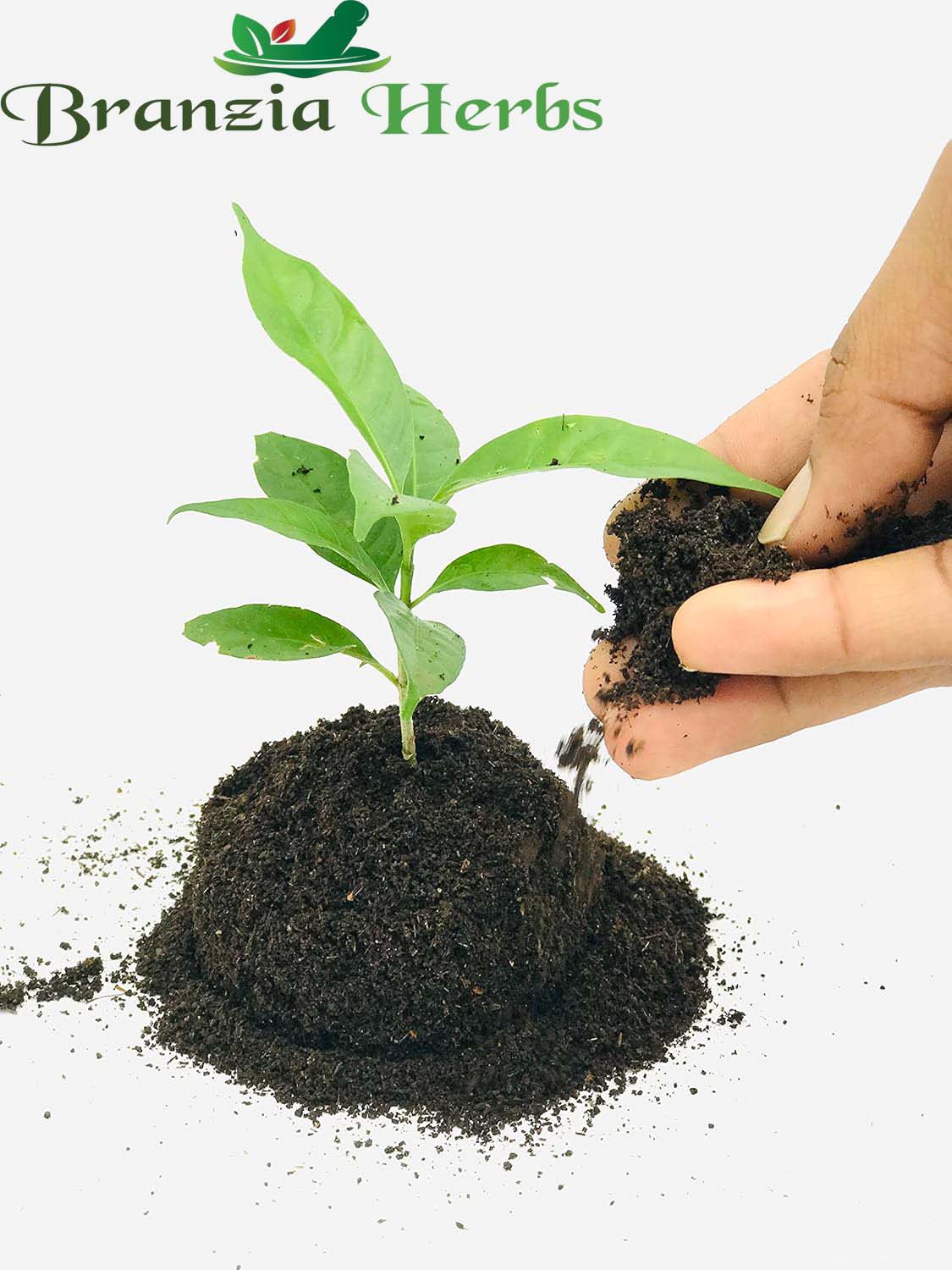-
Plant Description:
-
Scientific Name: Anethum graveolens.
-
Common Names: Dill, Dill Weed.
-
Appearance: Dill is an aromatic herb with feathery, delicate green leaves and tiny yellow flowers that form umbrella-like clusters. The tips are the tender, frond-like leaves at the end of the stems.
-
Culinary Uses:
-
Flavoring: Dill tips are used to add flavor to a variety of dishes. They are commonly used in pickling, salads, soups, stews, and as a garnish. Dill has a fresh, slightly tangy flavor with hints of anise.
-
Condiment: Dill tips are often used in the preparation of sauces and dressings. They complement dishes like fish, potatoes, and vegetables.
-
Preservation: Dill is a key ingredient in pickling recipes, including pickles and sauerkraut, where it imparts a characteristic flavor.
-
Nutritional Benefits:
-
Vitamins and Minerals: Dill tips are a source of essential vitamins and minerals, including vitamin C, vitamin A, calcium, magnesium, and potassium.
-
Antioxidants: Dill tips contain antioxidants that help combat oxidative stress and support overall health.
-
Medicinal Uses:
-
Digestive Health: Dill has been traditionally used to alleviate digestive issues such as indigestion, bloating, and gas. It is believed to have carminative properties that help in relieving gastrointestinal discomfort.
-
Anti-inflammatory: The herb contains compounds with anti-inflammatory properties, which can help manage inflammation and support overall health.
-
Antimicrobial: Dill tips have been used in traditional medicine for their antimicrobial properties, helping to fight infections.
-
Preparation and Use:
-
Fresh Use: Dill tips are best used fresh for their full flavor and nutritional benefits. Add them to dishes towards the end of cooking to preserve their delicate flavor.
-
Dried Dill: Dill tips can be dried and used as a seasoning in various dishes. Dried dill has a more concentrated flavor compared to fresh.
-
Infusion: Dill tips can be used to make herbal teas, which are consumed for their digestive and soothing properties.
-
Culinary Tips:
-
Storage: Store fresh dill tips in the refrigerator, ideally wrapped in a damp paper towel and placed in a plastic bag to keep them fresh. Dried dill should be stored in an airtight container away from light and moisture.
-
Complementary Flavors: Dill pairs well with ingredients such as lemon, garlic, yogurt, and fish. It is a versatile herb that enhances the flavor of a variety of dishes.
Note:
While dill tips are generally safe for consumption and provide several health benefits, it is always a good idea to use herbs and spices in moderation. If you have specific health conditions or are taking medications, consult with a healthcare professional before making significant changes to your diet or using herbal remedies




